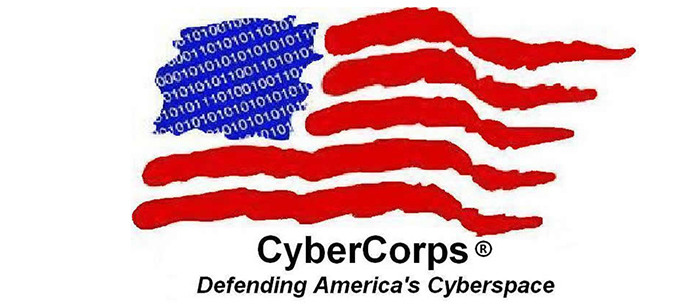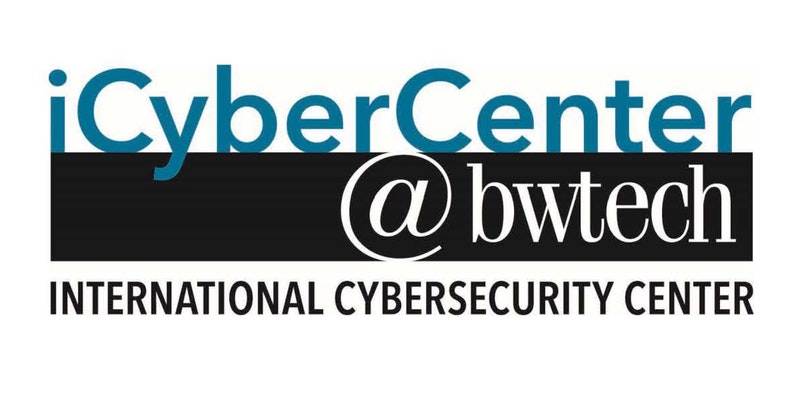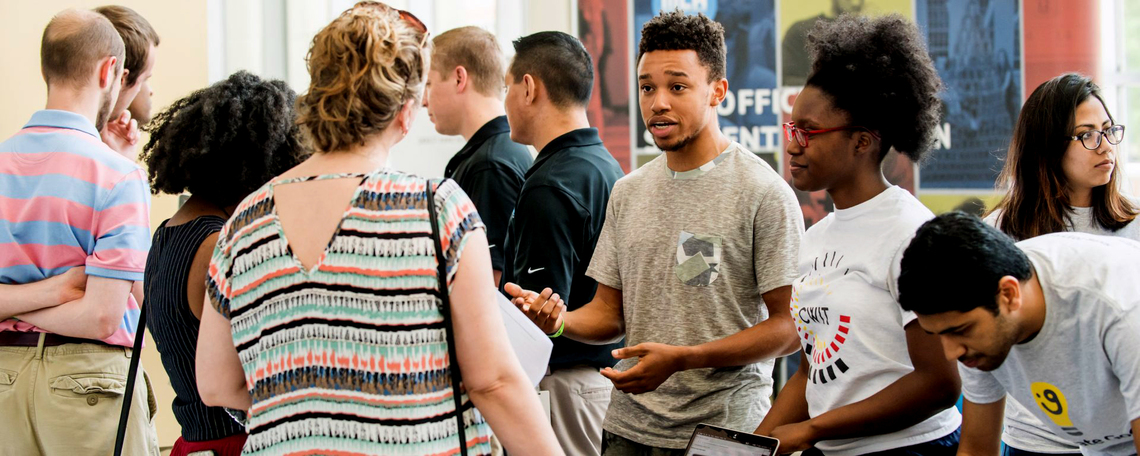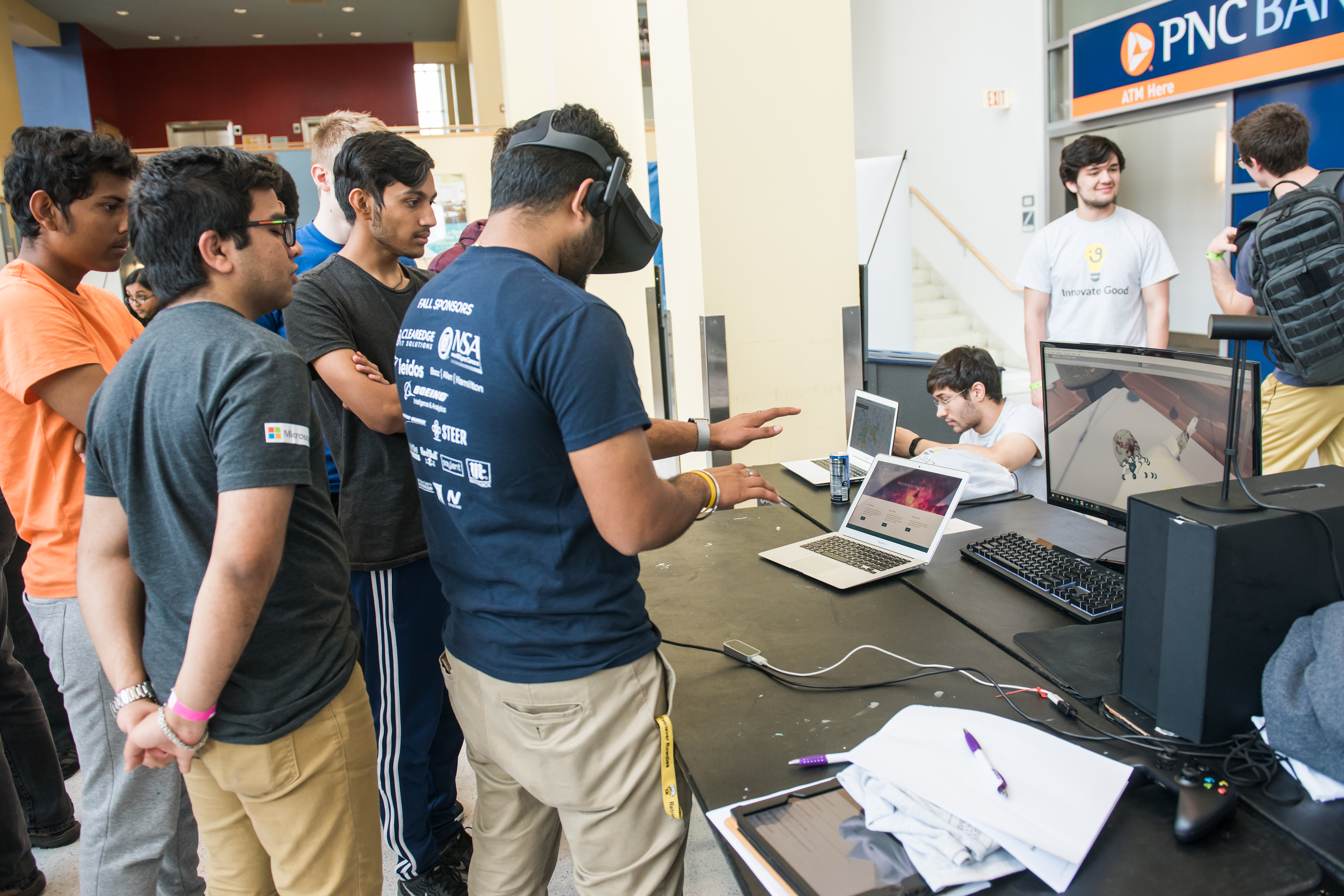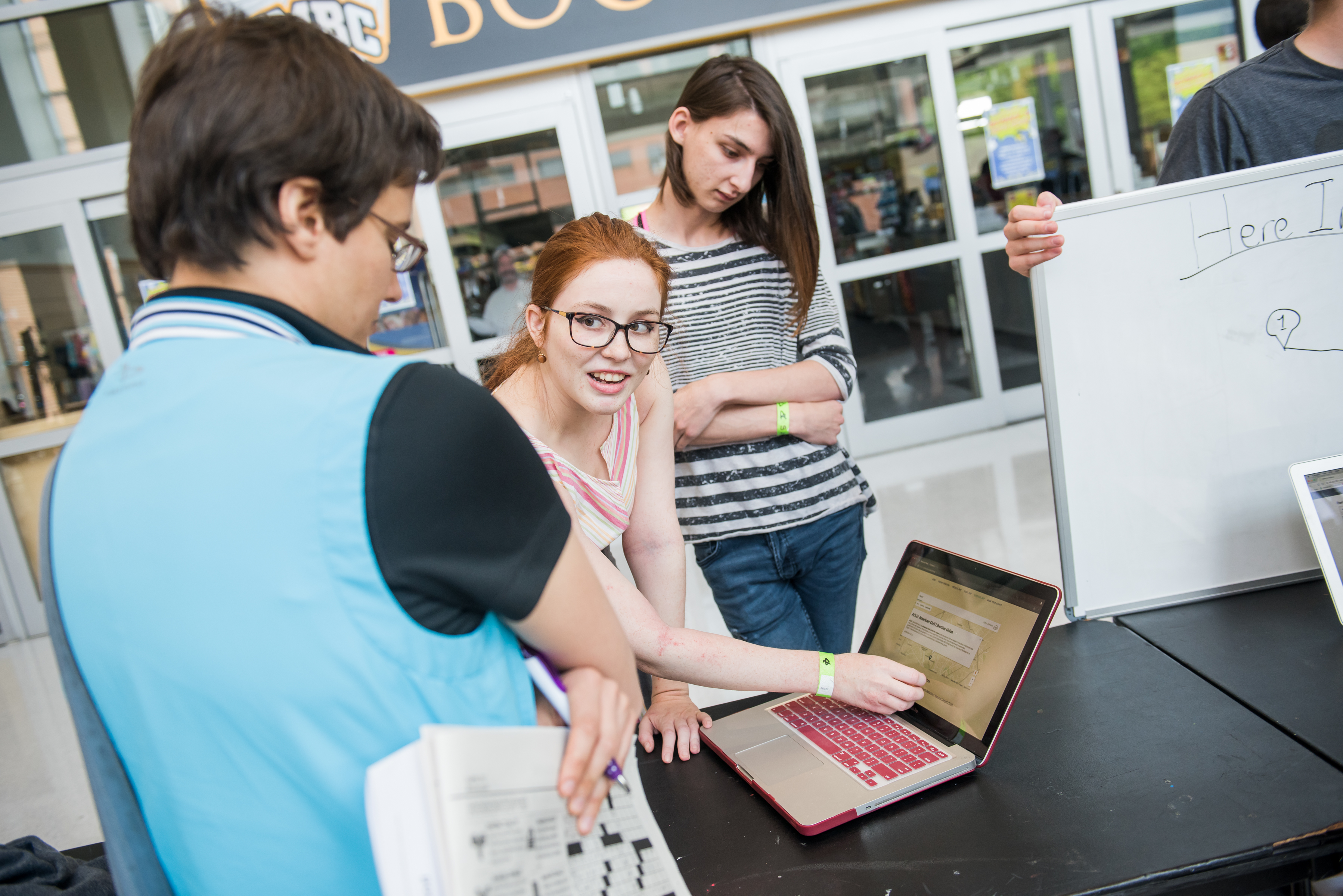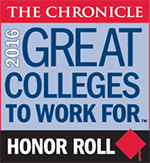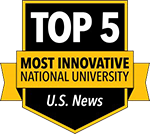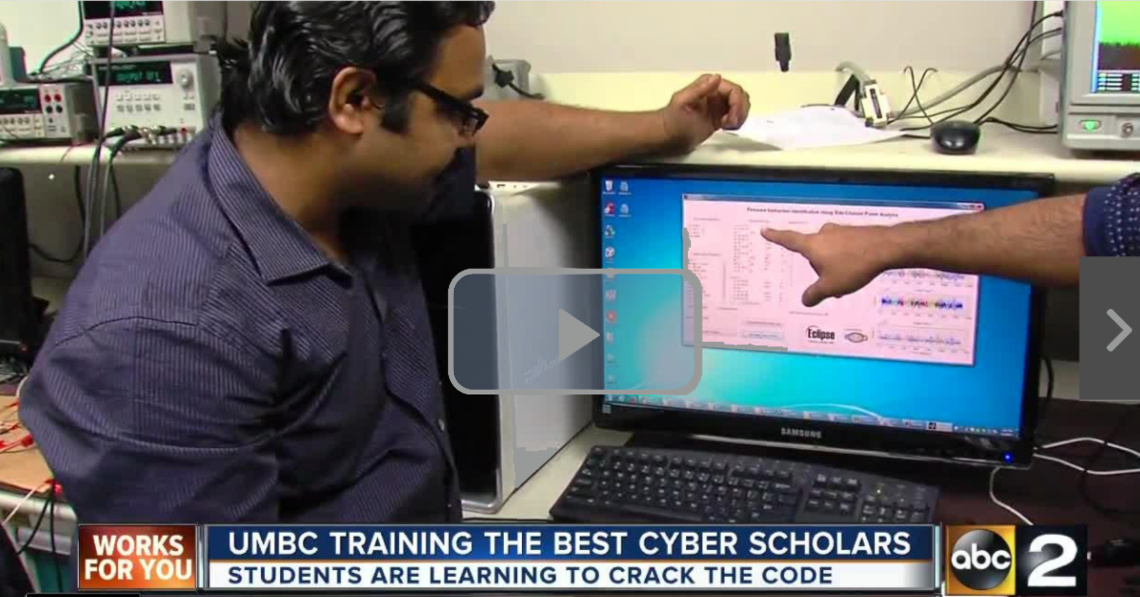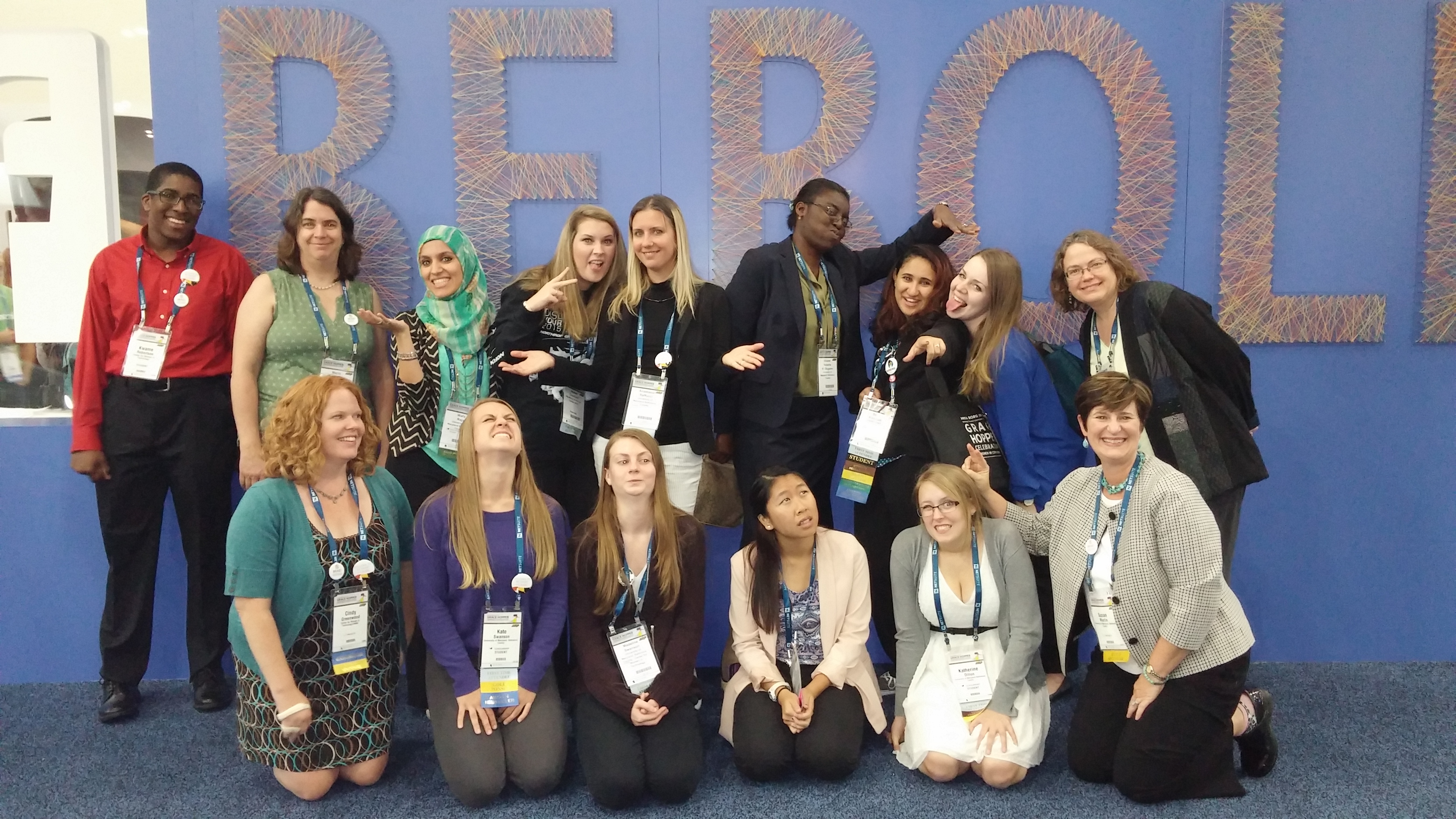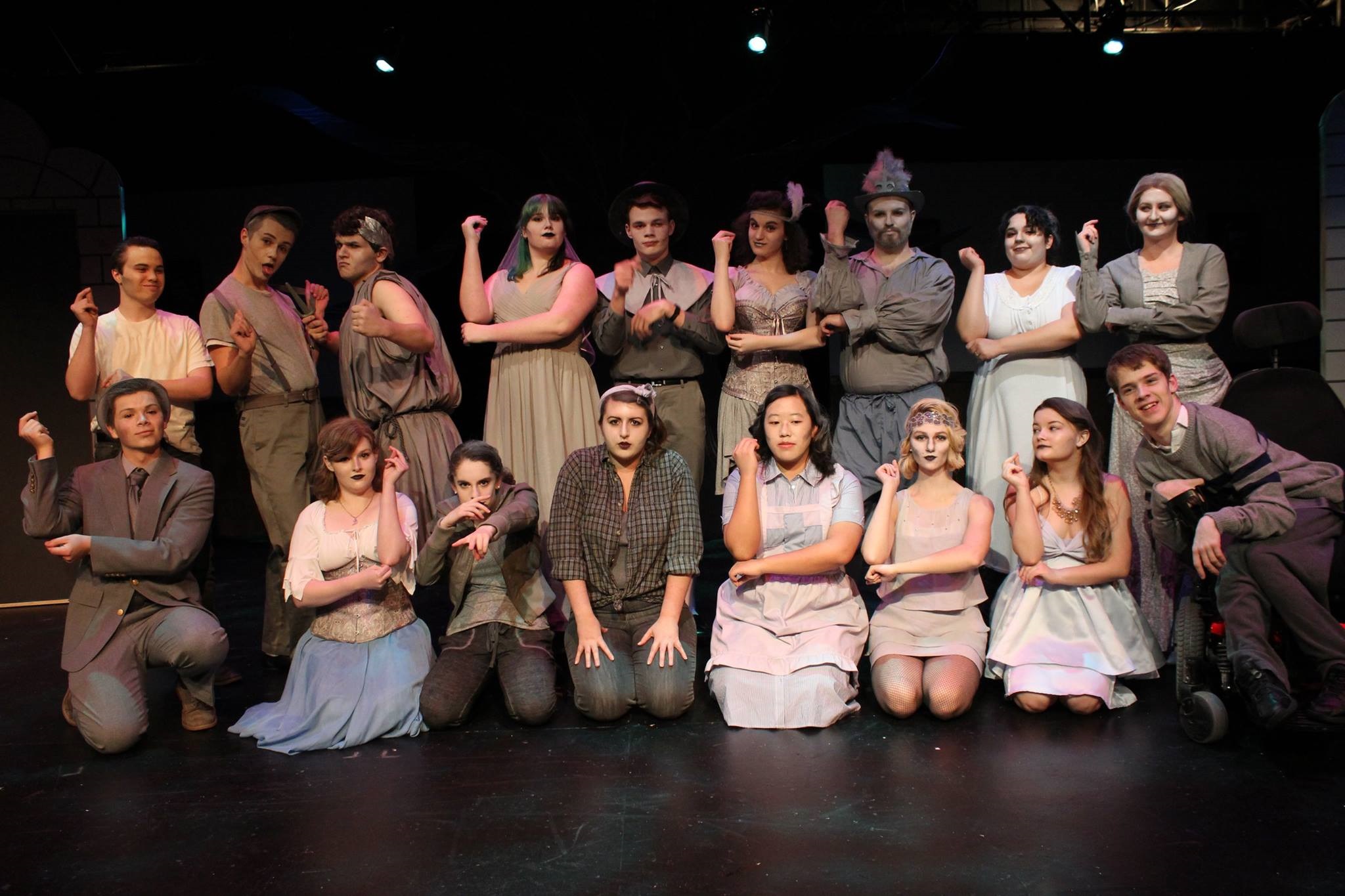
Workshop on Solvers for Large, Sparse Linear Systems
Monday and Tuesday, 17-18 July 2017
Engineering Room 022, UMBC

UMBC will host a free, two-day workshop for faculty and students on solvers for large, sparse linear systems on Monday and Tuesday, July 17-18 in Engineering 022 at UMBC. Thanks to UMBC Prof. Matthias Gobbert for organizing and to University of Kassel Prof. Andreas Meister for presenting. If you plan on attending, please RSVP online.
The simulation of real life applications possesses a crucial importance in a wide variety of scientific as well as industrial areas. Thereby, the performance of the whole numerical method is often decisively depend on the properties of the incorporated solver for linear systems of equations.
The course provides a comprehensive introduction to both classical and modern iterative solvers for a stable, efficient and reliable solution of linear systems and is design for students from many disciplines, including Mathematics, Engineering, Physics, Computer Science, Computer Engineering and Electrical Engineering.
The course content covers
- Introduction to basics from numerical linear algebra
- Splitting methods
- Multi-grid schemes
- Krylov subspace methods like CG, GMRES, BiCG, CGS, BiCGSTAB
- Preconditioning
The lectures will be accompanied by practical exercises in MATLAB.
Monday, July 17, 2017
Tuesday, July 18, 2017:
The workshop will be presented by Prof. Dr. Andreas Meister from the Institute for Mathematics, University of Kassel, Germany. He is an internationally renowned researcher in Numerical Analysis with a specialization including iterative solvers for linear system of equations. These methods are modern and form the basis of all numerical kernels in modern software, such as COMSOL, Matlab, PETSc, and many others. Prof. Dr. Meister has taught classes at UMBC during Fall 2013 when he spent a sabbatical at UMBC as part of the partnership between UMBC and the University of Kassel in Germany.
This workshop is hosted by the UMBC High Performance Computing Facility. Light refreshments are graciously sponsored by the UMBC Division of Information Technology.
